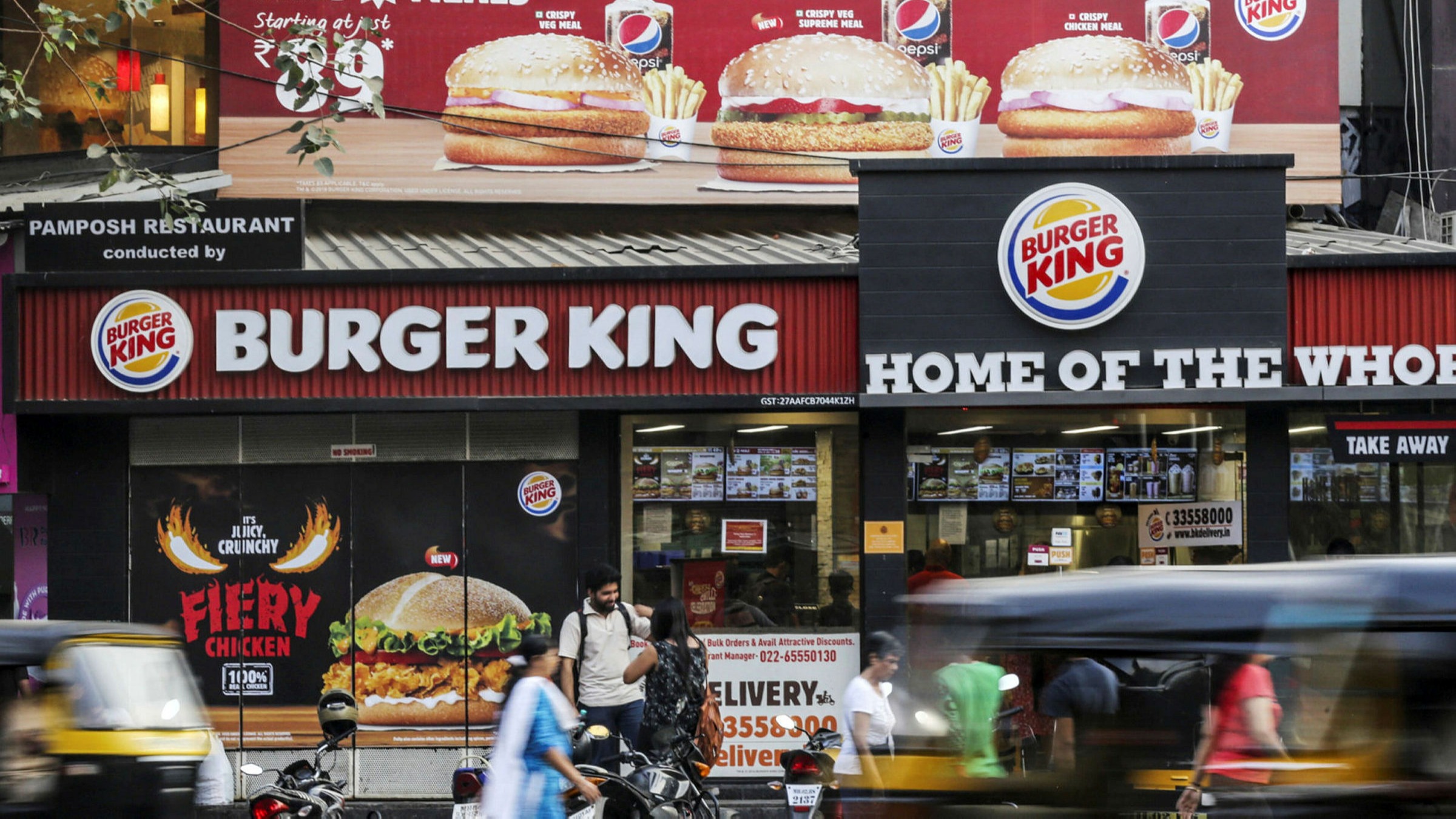One eating environment that I grew up relatively familiar with was Burger King, the infamous "home of the Whopper." Before I continue with the rest of this piece, one thing I would like to praise Burger King for is its relative honesty. The moment you step into the front doorway, you get exactly what you are paying for. There's no sense of false pretentiousness about it. Take one look around, and you can immediately tell that you have stepped right into a microcosm of corporate America. You're greeted by the sight of workers and cashiers, many of whom are being forced to survive on the minimum wage. Take a peek into the kitchen and you can see, firsthand, the standardization of the food that will be served to you. Pop a patty on the grill and pull it out to serve the people. This process is repeated innumerable times every single day. In fact, it's repeated everywhere as well. Every Whopper made here, in Troy, Michigan, is the same as a Whopper made in Kenya or Argentina. The sandwiches here a riddled with ingredients we don't even know of, and even if we did, we'd have no clue as to how they're supposed to be pronounced. The fact is, nobody cares about what's in their burger; they just care about how it tastes.

As you take your tray and find a place to sit, you notice that there are two types of tables: the ones that have been washed down and the ones that have just been eaten at. Meat strewed all about, mayonnaise dotting the edge of the table, lettuce clustered here and there. When you look at it that way, who wouldn't choose the cleanest table? Why would you choose the table most hazardous to your health?

We are all familiar with what the word 'health' means. According to Merriam-Webster, it is "the condition of being sound in body, mind, or spirit. Throughout history, the strong were placed upon a pedestal, while the weak were thrown to the side in order to make way for their muscular counterparts. Even today, many people are very conscious about their health, making decisions to work out and limit the number of calories they eat. How is it possible, then, that in a world where health is on the forefront of most people's minds, fast food chains are the most numerous and profitable diners on the planet? Are these fast food places actually healthy then? Or do we, as a society, simply overestimate the amount of people who genuinely care about their own health? We all set a goal to be healthier and stronger than we were last year. But do most of us really do anything to achieve this goal? Do we wholeheartedly devote ourselves to attain this goal, or do we make constant excuses and exceptions while ordering takeout every Friday night?
Hi Nihil! I loved the humor you included in the first half of your blog; the vivid descriptions of walking into a Burger King was a really nice touch. Similarly, I like the deep questions you included at the end of your blog.
ReplyDeleteYou bring up a very interesting point at the end, Nihil. The fact that fast food places are so popular in today's world, even though they are so unhealthy. I think that in today's world, people are prioritizing their time over their health, hence ordering so frequently at places like Burger King.
ReplyDeleteI really liked how you used Meriam-Webster to define health, as it put into perspective what people are willing to sacrifice for fast food. I also really liked your description of the Burger King environment and food. Great Job
ReplyDelete